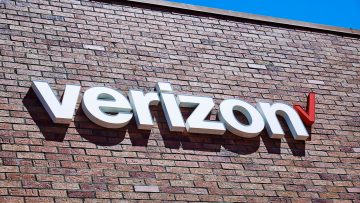Apple makes use of a number of open source technologies in its software products, but operating systems like iOS and OS X are hardly considered “open.” Apple has tight control over nearly every aspect of its mobile and desktop operating systems, ensuring that its products come as close as possible to resembling Apple’s vision from the moment they reach consumers’ hands until they are eventually replaced. While no one can deny the fact that Apple’s strategy has been a recipe for success thus far, a number of pundits believe Apple needs to loosen its grip on iOS and OS X if it hopes to maintain this success moving forward. Now, digital freedom fighters at the Electronic Frontier Foundation have weighed in on the issue.
“Apple’s recent products, especially their mobile iOS devices, are like beautiful crystal prisons, with a wide range of restrictions imposed by the OS, the hardware, and Apple’s contracts with carriers as well as contracts with developers,” the EFF’s Micah Lee and Peter Eckersley wrote in a post on the group’s blog. “Only users who can hack or ‘jailbreak’ their devices can escape these limitations.”
Apple pundits argue that this very notion is the reason Apple’s products are so successful. According to the EFF, however, consumers are being hurt by Apple’s closed model. Using the iOS App Store as an example, the group states that Apple is locking down its devices and preventing users from accessing an endless supply of great apps since only software approved by Apple makes it into the App Store.
“Apple changed the way we think about mobile computing with the iPhone, but they have also lead the charge in creating restrictive computers and restrictive marketplaces for software,” the EFF wrote. “You may have purchased an iPad, but unless you’ve exploited a vulnerability in iOS to jailbreak it, there are many things you cannot install on it. The App Store has thousands of apps to choose from, but your choices are limited to apps that both Apple has approved, and which can function without ‘root’ or ‘administrator’ privileges.”
The organization continued, “Apple has been known to reject or remove apps from sale because of their content (WikiLeaks app banned, eBook reader with access to Kama Sutra banned), for not using Apple to process payments, and for being capable of executing code that Apple can’t approve. While Apple’s policies have improved in the the years since the iPhone first launched, the company still maintains total control over what apps are available to consumers. Unlike Android, iOS does not have an option to install apps from sources other than the App Store.”
Lee and Eckersley conclude that Apple and its customers would be best served if the company takes the advice of Apple co-founder and former executive Steve Wozniak, who recently called for the Cupertino, California-based company to open its platforms for those who wish to alter them or add functionality not approved by Apple. “No place, and no system, can be perfect if it denies its citizens the freedom to change it, or the freedom to leave,” the EFF said.




